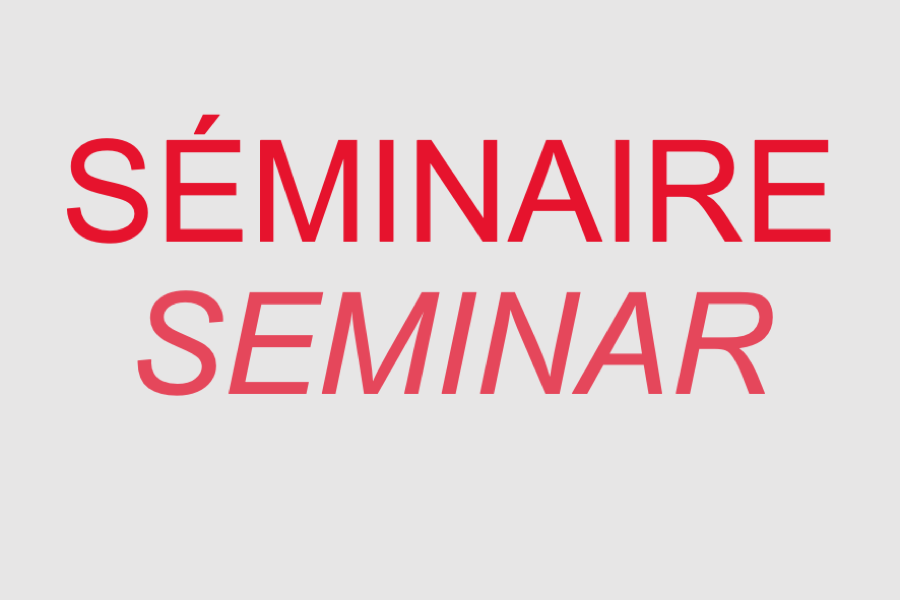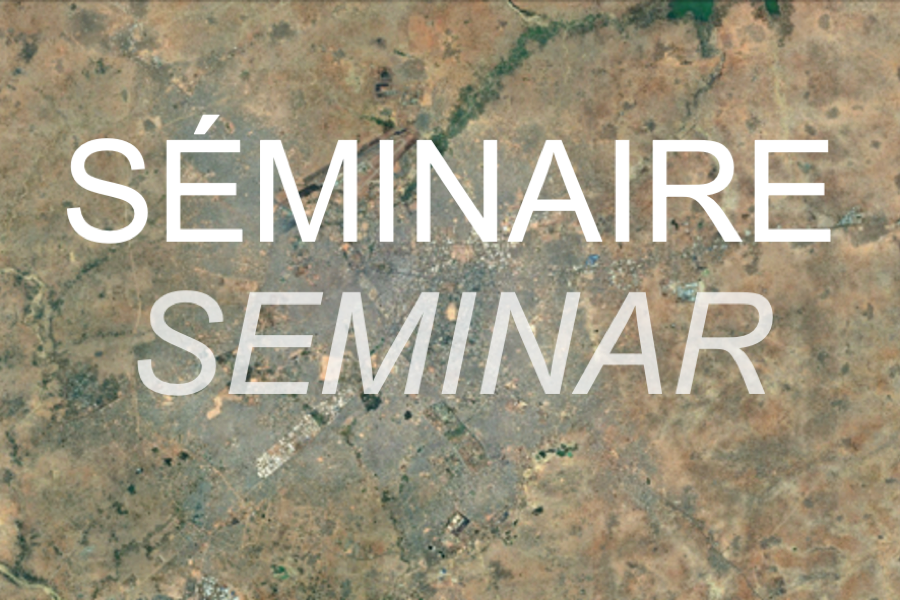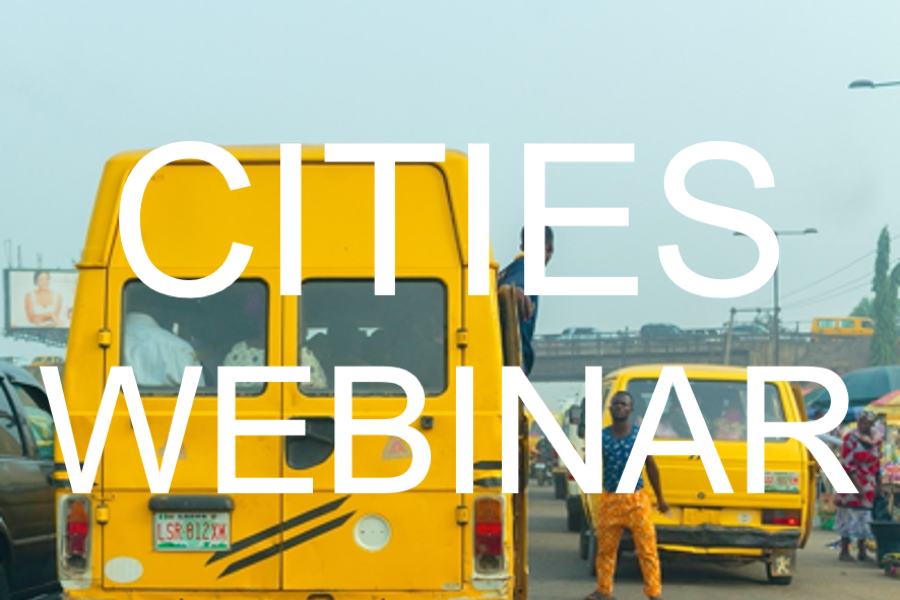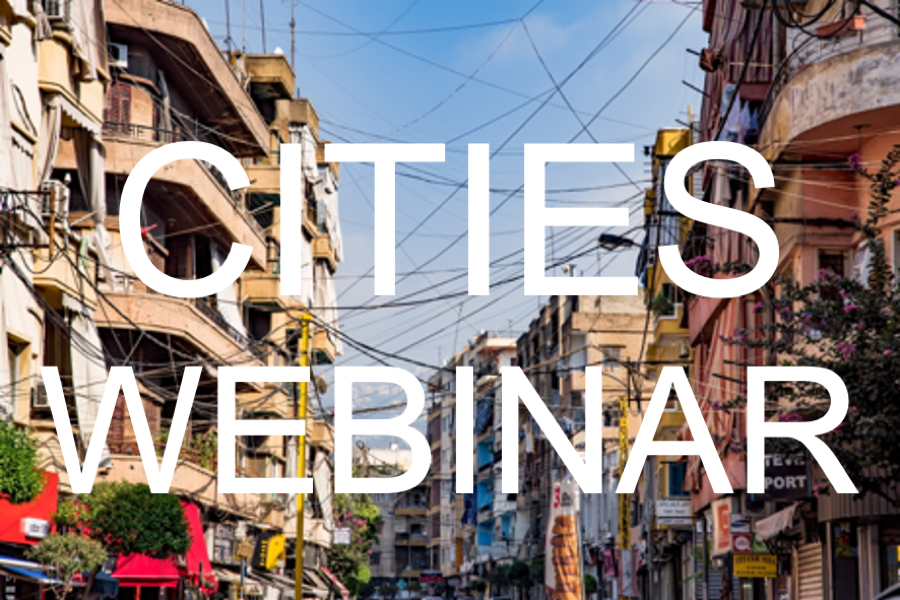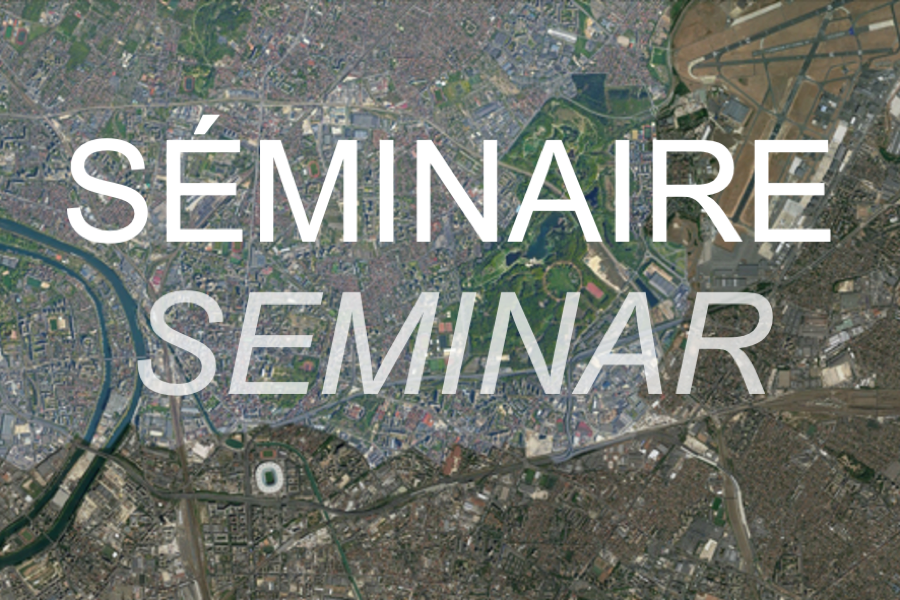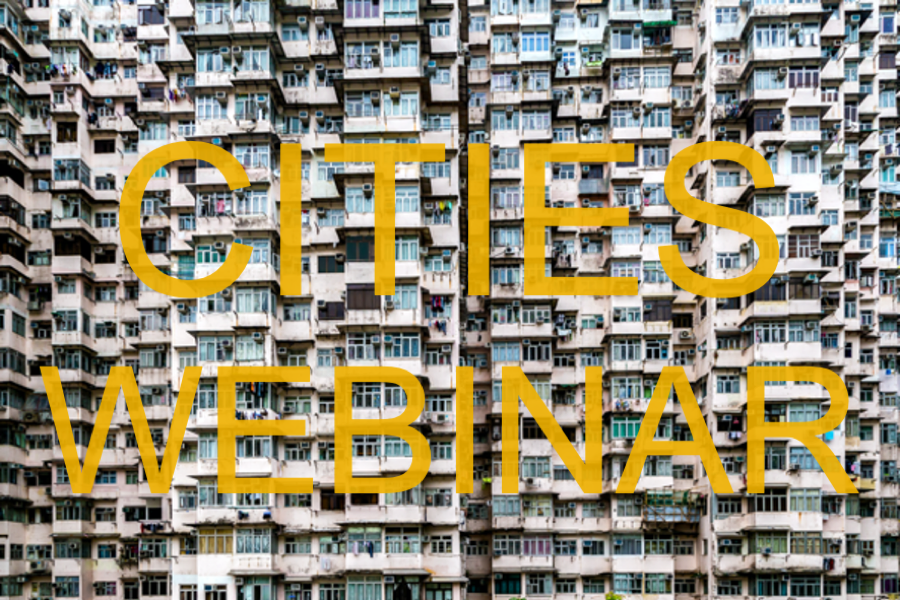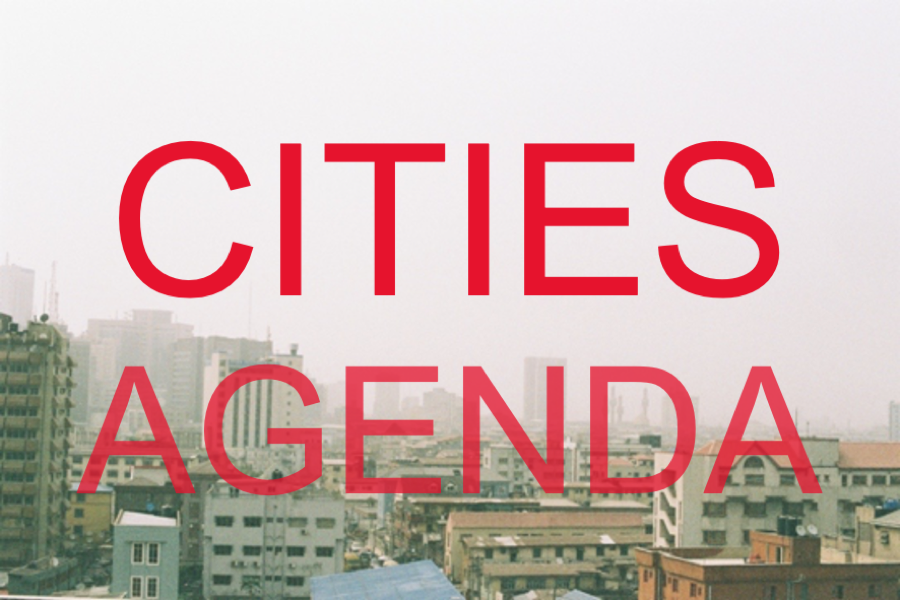Events
Kimberley S. Johnson, Dark Concrete: Black Power Urbanism and the American Metropolis, 24.04.2025, 5pm-7pm CEST
Zoom* & Sciences Po, 13 rue de l’Université, 75007 Paris Compulsory registration Presentation of the upcoming book “Dark Concrete: Black Power Urbanism and the American Metropolis“ Dark Concrete is about how the Black Power movement re-shaped urban politics in the US – from expectations to practices. While the national and international dimensions of the Black Power are often focused on, Kimberley Johnson looks at the movement at the local level, highlighting Newark, East Orange, Oakland, and East Palo Alto and three policy areas: housing, education, and policing. She examines how the Black Power Urbanism movement had its own local meanings as it was defined by […]Angelo Martins Junior, Coloniality of Migration & Moving Difference: Brazilians in London & Africans in São Paulo, 20.03.2025, 5-7 pm CET
Zoom* Compulsory registration Coloniality of Migration & Moving Difference: Brazilians in London & Africans in São Paulo Drawing on in-depth interviews and ethnographic observations, this presentation examines how Brazilian colonial and post-colonial histories and legacies differentially shape the migration experiences of Brazilians in London and Sub-Saharan Africans in São Paulo. It argues that critically interrogating how the constitution of the so-called Global Colonial World continues to influence the experiences of contemporary individuals on the move—or those striving for mobility—can help us challenge homogenising categories of “the migrant,” including categories such as the transnational migrant and the “modern slave.” By […]Holly Randell-Moon, First Nations foundations: cities and the infrastructuring of settler colonisation, 03.04.2025, 12:30 pm-2 pm CET
Zoom* Compulsory registration First Nations foundations: cities and the infrastructuring of settler colonisation The infrastructuring of First Nations land into cities is a central project of settler colonisa- tion. In the lands now known as Canada, Australia, New Zealand, and the United States, settler-colonial myths of ‘uncultivated’ territory justified English invasion and settlement. These myths continue to inform contemporary infrastructure development and discourse which resist First Nations’ sovereignties and self-determination even as the latter unsettles settler-colonial infrastructuring. This chapter offers a predominantly theoretical account of how urban infrastructuring is a constitutive feature of settler colonisation and how settler-colonial urban imaginaries […]Maan Barua, An Amphibious Urbanism, 06.03.2025, 5:30pm-7pm CET
Zoom* Compulsory registration An Amphibious Urbanism What might the urban become if one challenged the proposition that cities are equated with land? How might urban theory be done differently if wetness was brought into centre stage in the politics of habitation? Starting from Guwahati, a city of 1.2 million people in northeast India that constitutes the South within the Global South, this talk furnishes the outlines of an amphibious urbanism: a recalibration of urbanicity by interrogating life (bios) from the wet surrounds (amphi-). Three cuts into the amphibious are presented: 1) plotting, rather than planning, as the idiom of city-making; […]Diogo Silva Corrêa, Faith and Crime: The Complex Interplay Between Evangelicalism and Drug Trafficking in Rio de Janeiro’s Favelas, 13.02.2025, 5pm-7pm CET
Zoom* and Room C900, 9 rue de la Chaise, 75007 Paris Compulsory registration Faith and Crime: The Complex Interplay Between Evangelicalism and Drug Trafficking in Rio de Janeiro’s Favelas In this talk, I examine the intricate interplay between Evangelism and criminality in the favela of Cidade de Deus, Rio de Janeiro. Based on two years of immersive fieldwork in a church deeply connected to former drug traffickers, I analyze these dynamics through three distinct sociological scales. At the macro level, I investigate the cultural and symbolic transformations in Rio de Janeiro’s peripheral communities, with Cidade de Deus as the focal […]Tom Slater, Municipal Housing and Community in Cape Town: Lessons from the Bloemhof Flats, 12.12.2024, 5pm-7pm CET
Zoom* and Salle Goguel, 27 rue Saint-Guillaume 75007 Paris Compulsory registration Municipal Housing and Community in Cape Town: Lessons from the Bloemhof Flats In this talk I explore how experiences and memories of a Cape Town municipal housing project sustained people who were forcibly displaced from that project under apartheid in South Africa. Archival study of the Bloemhof Flats in Cape Town’s District Six, and group interviews with its former residents, inform an exploration of the relationships between municipal housing and community formation, and its impact on people’s lives, both under apartheid and in its wake of material hardships. Against […]Des Fitzgerald, The City of Today is a Dying Thing: In Search of the Cities of Tomorrow, 28.11.2024, 5:30pm-7pm CET
Zoom* Compulsory registration Presentation of the book ” The City of Today is a Dying Thing: In Search of the Cities of Tomorrow” We are living in one of the greatest periods of urbanisation in human history, with more cities in the world today than ever before. But is this definitely a positive thing? Are cities actually good for us? And what would the city of the future look like if we tried to make one that definitely was – would anyone want to live there? This book is about the fascinating and sometimes strange world of the people asking these […]Lucia Allais, Topographic Cities: Urbanism, Antiquities, and the Modernization of the Ground in mid-century Lebanon, 14.11.2024, 5pm-7pm CET
Zoom* & Room K011, 1 Place Saint Thomas, 75007 Paris Compulsory registration Topographic Cities: Urbanism, Antiquities, and the Modernization of the Ground in mid-century Lebanon This talk addresses how modernist urban and architectural principles permeated midcentury Lebanon, by looking at the modernization of the idea of the ground in three history-rich cities: Baalbek, Tripoli, and Byblos. While Ottoman Tanzimat reforms had introduced notions of private property, and French cadastral laws had further formalized planning; and while an image of modernity emanated from Mandate-era buildings in Beyrouth, and archaeological legislation reached new momentum across greater Syria in the prewar, it was not […]Nora Elizabeth Barakat, Bedouin Bureaucrats. Mobility and property in the Ottoman Empire, 24.10.2024, 5:30pm-7pm CET
Zoom* Compulsory registration Presentation of the book “Bedouin Bureaucrats. Mobility and property in the Ottoman Empire” Bedouin Bureaucrats examines how tent-dwelling, seasonally migrating Bedouin engaged in these processes of Ottoman state transformation on local, imperial, and global scales. Narrating the lives of Bedouin individuals involved in Ottoman administration, Nora Elizabeth Barakat brings this population to the center of modern state-making, from their involvement in the pilgrimage administration in the eighteenth century and their performance of land registration and taxation as the Ottoman bureaucracy expanded in the nineteenth, to their eventual rejection of Ottoman attempts to reallocate the “empty land” they […]2024-2025 Programme
Full programme of the Cities are Back in Town seminar series
10 October 2024
Our seminar series
Cities Webinar
Our online seminar series, focused on work that are already published or nearing publication.
Cities WIP
Our in-person seminar series, focused on works-in-process (WIP).


